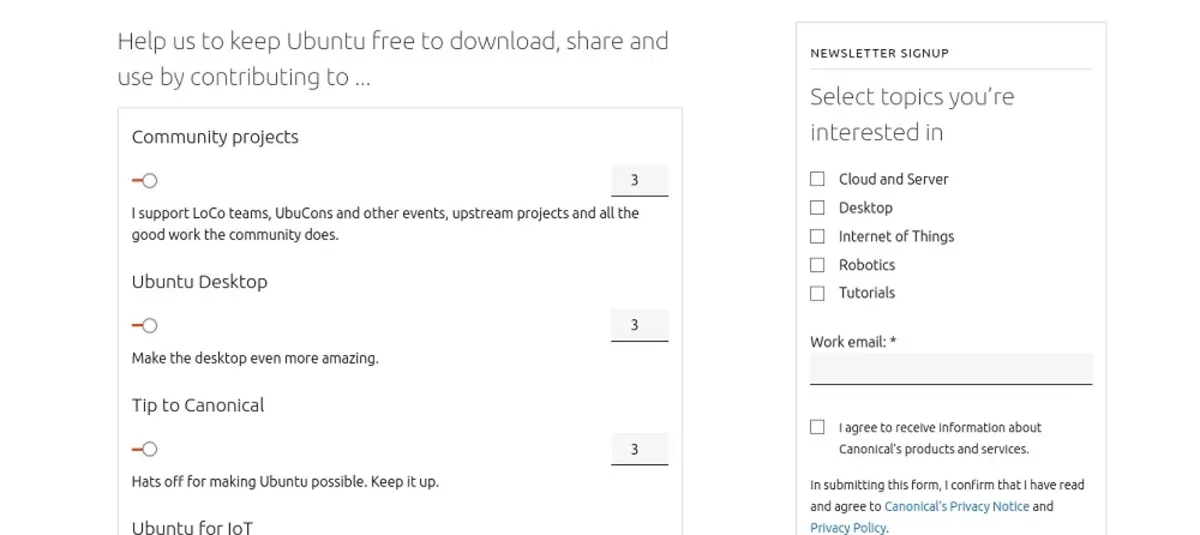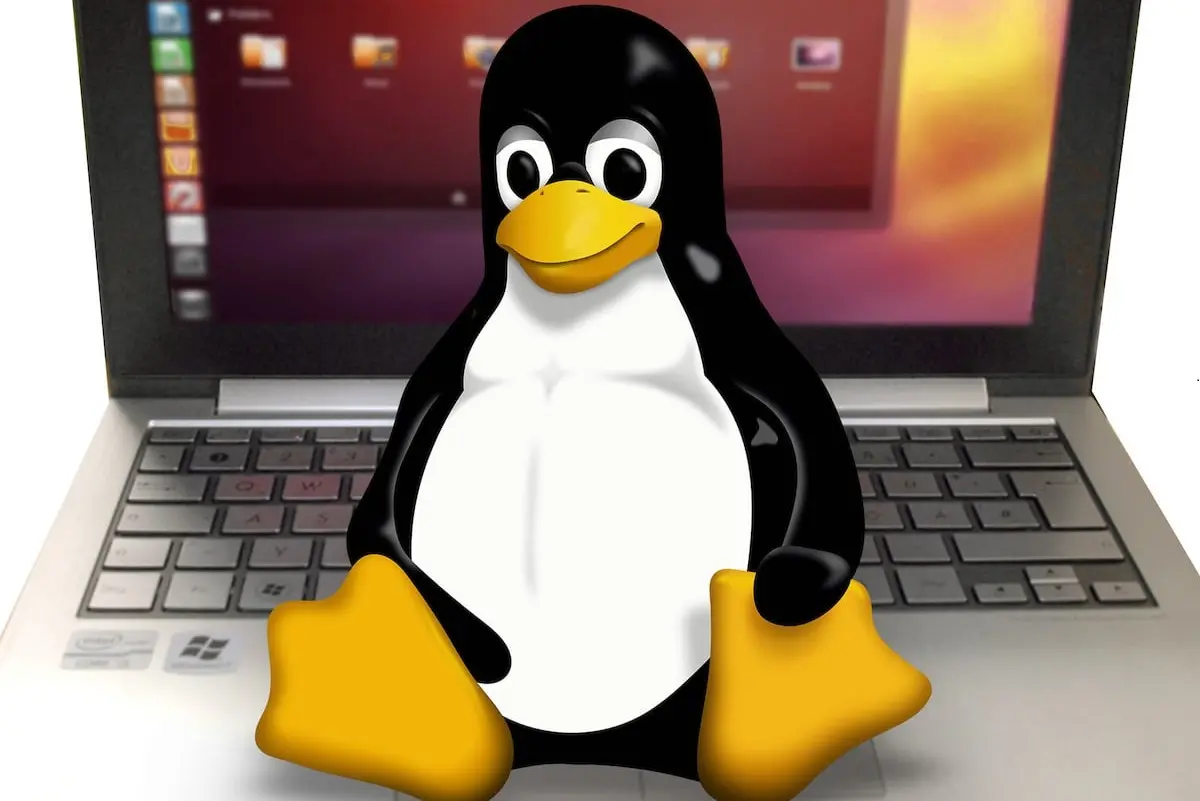Effective Ways to Improve Linux Performance Every User Should Know
Linux Has Come A Long Way Since Its Inception In 1991, But For Linux to Improve Linux Further, People Like You Need To Help Improve It.
Although Linux is a great operating system, some issues may limit its use compared to Windows or macOS. Linux distributions are community-driven projects, so you must put in the energy and contribute if you want them to improve.
Linux will not improve unless you help by writing code or testing beta versions. You can do many things to improve your beloved operating system; we’ll discuss Linux improvement methods in this article.
1. Use Linux
If you are reading this, you are either a current user or are used to Linux and still thinking about that pleasant experience. As a Linux lover, you should know that one of the most valuable ways to improve Linux is to use it.
The operating system lets you see its capabilities closely and identify where it needs improvement. Only then will you know which bugs you need to fix and which UI elements need to be improved, and spend more time.
2. Linux beta testing
If you’re brave or have a spare machine, you can also test future versions of Linux on your device. Of course, you can also use a virtual machine.
For example, if you use Debian, you can switch from Debian Stable to Debian Testing and have a new experience. A distribution like Arch Linux allows you to identify and report problems faster, helping improve Linux.
3. Report bugs

If you encounter a problem with a Linux distribution or an open-source program, don’t just complain about it on forums or social media; instead, do it yourself and use the developers’ bug reporting mechanism to report what is happening.
Most large open-source projects, including Linux distributions, use bug-tracking tools to track progress. One difference between Linux and proprietary systems is that Linux does not hide its flaws.
4. Helping other Linux users
You may remember the first time you used Linux. What would you do if something seemed confusing to you? If so, where would you go for help? Where did you ask your questions, and how did you get the solution?
One of Linux’s great features is the large number of forums compared to other operating systems. For this reason, die-hard fans of Linux technology love it.
Community and user-to-user support for people using Linux has always been available, so don’t forget that you should also join these forums and help others in need.
5. Donate to Linux distributions

Although Linux is free, developing it takes time and money. Linux and open-source software are financed in different ways. Some software results from research projects, and universities provide their development budgets.
Other companies also support open-source development. Canonical is the Ubuntu and Red Hat developer, developing Red Hat Enterprise Linux. This company is an excellent example of this.
However, many Linux distributions and other open-source projects are funded by users like you. If you care about Linux, why not spend a little money to improve Linux?
For starters, many projects have donation pages where you can contribute directly. Some also have business pages where you can buy something to show your love for a particular project.
6. Contribute to Linux distributions
Linux seems more professional, but it still relies heavily on voluntary contributions. The Linux kernel, distributions, and other open-source projects are the shining jewels of the free and open software movement.
If you know how to code, you can donate some of your effort to your favorite distribution or other project. You can even improve the related help or wiki pages.
If you have graphic and artistic skills, you can contribute to the project’s graphic design or volunteer to create its website. If you have other skills that might be needed, consider volunteering.
In conclusion, improve Linux.
Linux’s continued success and improvement hinge on the active participation of its users. While it has made significant strides since its inception, addressing its remaining limitations and maximizing its potential requires a collective effort.
There are numerous ways to contribute, from simply using the operating system and providing feedback to beta testing, reporting bugs, and assisting other users. Beyond these actions, donating to development funds and directly contributing code, design, or other skills are crucial for Linux’s growth.
Ultimately, Linux’s future rests in the hands of its community, and by embracing these opportunities to contribute, users can ensure a brighter future for this powerful and versatile operating system.
FAQ
How can I make Linux run faster?
By managing startup services, updating software, and using lightweight desktop environments.
Does adjusting memory and swap improve Linux performance?
Yes — tuning swappiness, clearing caches, and using ZRAM can reduce lag and improve responsiveness.
Are system updates important for performance?
Absolutely — kernel and package updates often include performance improvements and security fixes.
